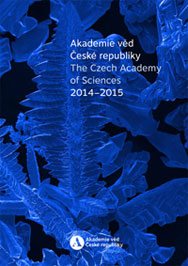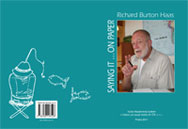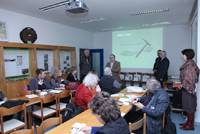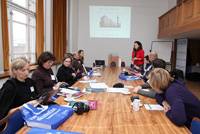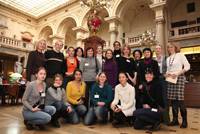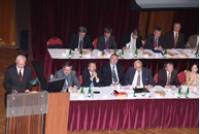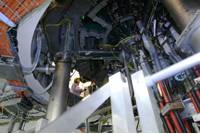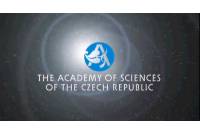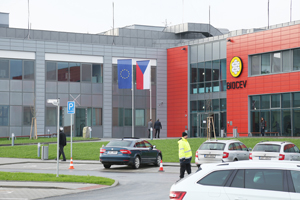 In the presence of Deputy Minister of Education, Youth and Sports, Stanislav Štech, Rector of Charles University Tomáš Zima, Vice-President of the Academy of Sciences of the Czech Republic, Vladimír Mareček, and other important guests, the implementation phase of the BIOCEV project – the Biotechnology and Biomedicine Center of the Academy of Sciences of the Czech Republic and Charles University in Vestec ended December 18, 2015. Full operation is planned beginning January 2016. BIOCEV is currently made up of the implementation of five research programmes and the operation of six sets of research infrastructure and service laboratories. By 2020, as many as 450 researchers, including 200 post-graduate students, are supposed to work at the BIOCEV Center. The Center’s objective is to learn details about organisms at the molecular level that will be used in applied research and in the development of new therapeutic procedures.
In the presence of Deputy Minister of Education, Youth and Sports, Stanislav Štech, Rector of Charles University Tomáš Zima, Vice-President of the Academy of Sciences of the Czech Republic, Vladimír Mareček, and other important guests, the implementation phase of the BIOCEV project – the Biotechnology and Biomedicine Center of the Academy of Sciences of the Czech Republic and Charles University in Vestec ended December 18, 2015. Full operation is planned beginning January 2016. BIOCEV is currently made up of the implementation of five research programmes and the operation of six sets of research infrastructure and service laboratories. By 2020, as many as 450 researchers, including 200 post-graduate students, are supposed to work at the BIOCEV Center. The Center’s objective is to learn details about organisms at the molecular level that will be used in applied research and in the development of new therapeutic procedures.
Together with the first Functional Genomics research programme, its head Radislav Sedláček is
also working on the development of an important national infrastructure, the Czech Centre for
Phenogenomics (CCP). The centre is one of BIOCEV’s research infrastructures and also the largest
institution of its kind in Europe. CCP, which is already fully functional, will also work as a
transgenic laboratory producing specialized, genetically modified mice that are used as tools for
the research of gene functions by both the Czech and international scientific communities. Together
with foreign co-workers, Radislav Sedláček and his team are working in the international programme
entitled the Encyclopaedia of Mammalian Gene Functions focused on the primary description of
functions of all genes over the next ten years. The results of their research may positively affect
the treatment of serious illnesses.
20 Dec 2015


 Česky
Česky


